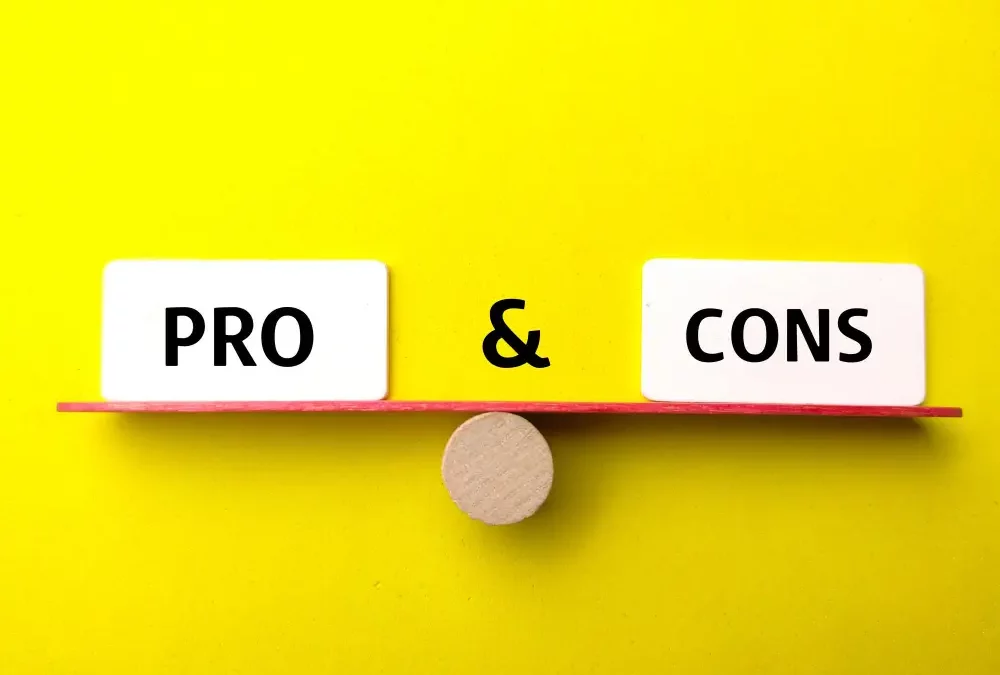Flutter has taken the app development world by storm. Mainstream apps such as the New York Times, NuBank, MyBMW, and Realtor.com have gone all-in on Flutter. Startups have also embraced Flutter as their go-to tech stack for building fully functional cross-platform apps.
Why are so many companies choosing Flutter? That’s because Flutter is Google’s cross-platform framework built for high performance, a faster development cycle, and a wide selection of rich UI elements. Compared with native tech stacks such as Swift and Kotlin, Flutter has a few drawbacks, including larger app sizes, performance issues, and limited support for native libraries.
Before building your next app, consider these pros and cons of using Flutter.
The Pros of Flutter |
The Cons of Flutter |
1. Cross-Platform App DevelopmentWith Flutter, you manage a single codebase that can be deployed to multiple platforms, including iOS, Android, the web, desktop (Windows, macOS, Linux), and even embedded systems. This cross-platform capability can significantly reduce app development time. Platform management is also simplified with just a single code base. |
1. Larger App SizesFlutter apps tend to have larger file sizes due to the engine and framework libraries. This bloat can be a concern for users with limited device storage and slower download and installation times, particularly in regions with slower internet connections. Larger sizes can also degrade app performance, resulting in a poorer user experience. |
2. Hot Reload Capability for Faster App DevelopmentFlutter’s Hot Reload feature lets developers see the effects of code changes in the app’s interface instantly, without restarting the entire app. This speeds up app development, enhances productivity, and makes it easier to iterate new designs and features. When apps require hundreds to thousands of deployments, you’ll be thankful for hot reloads. |
2. App Performance Optimizations are ChallengingWhile Flutter offers excellent performance for most applications, achieving optimal performance can be challenging in certain cases, such as when complex animations or platform-specific APIs are involved. Flutter’s reliance on a Skia graphics engine can cause occasional performance variations on specific device types. Therefore, finding app developers to handle performance optimizations for some of the more intricate UI interactions is difficult. |
3. Rich User Interface (UI) CustomizationFlutter provides a rich set of widgets and tools for building highly customizable and visually appealing UI. Flutter’s widget-based architecture allows you to compose complex UIs by combining smaller, reusable widgets. Additionally, Flutter provides a wide range of pre-designed Material Design and Cupertino (iOS) widgets, simplifying app development for platform-specific interfaces. Other cross-platform frameworks lack this type of experience. You can also create custom widgets or modify existing ones to match your app’s unique design requirements. This flexibility lets you create stunning, distinctive user interfaces tailored to your project’s needs. |
3. Limited Native Libraries for App DevelopmentFlutter lacks native libraries and APIs that are readily available in platform-specific languages like Swift for iOS or Kotlin for Android. While Flutter provides plugins and packages to access many device features, there may be occasional limitations or delays for newer platform features. Working with the right Flutter expert can help identify these limitations and develop a strategy to navigate around them. |
The Bottom Line / TLDR
Whether Flutter is the right choice for your app development project depends on your specific requirements, the target platforms, and your team’s expertise. Flutter offers significant advantages in cross-platform development, rapid iteration, and customizable UI. However, don’t forget about the potential downsides, such as app size and performance challenges, before committing to Flutter. Therefore, smaller, simpler cross-platform apps benefit the most from Flutter.
Still unsure if Flutter is right for you? Reach out to us today for a free consultation to determine whether Flutter is ideal for building your next app.













